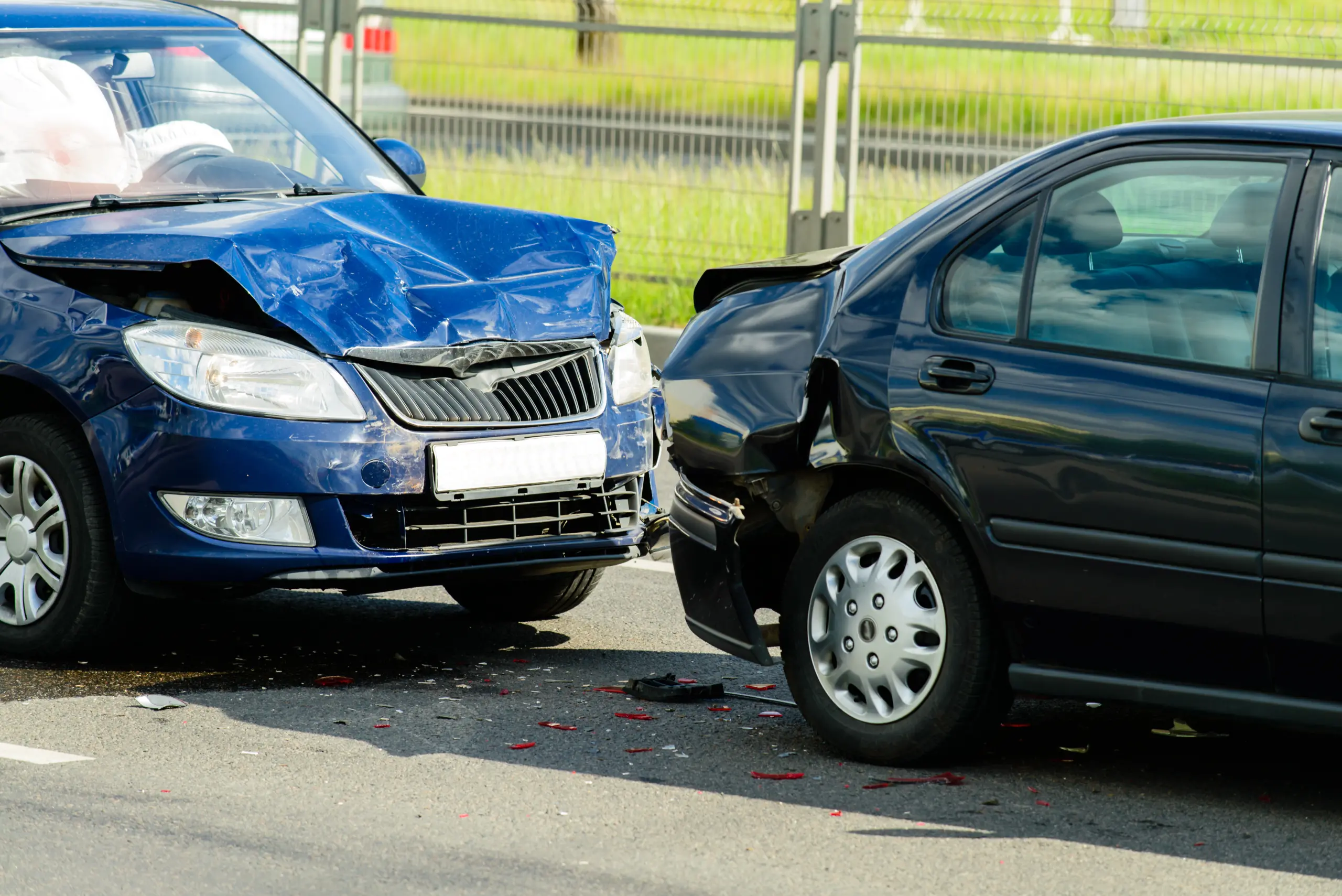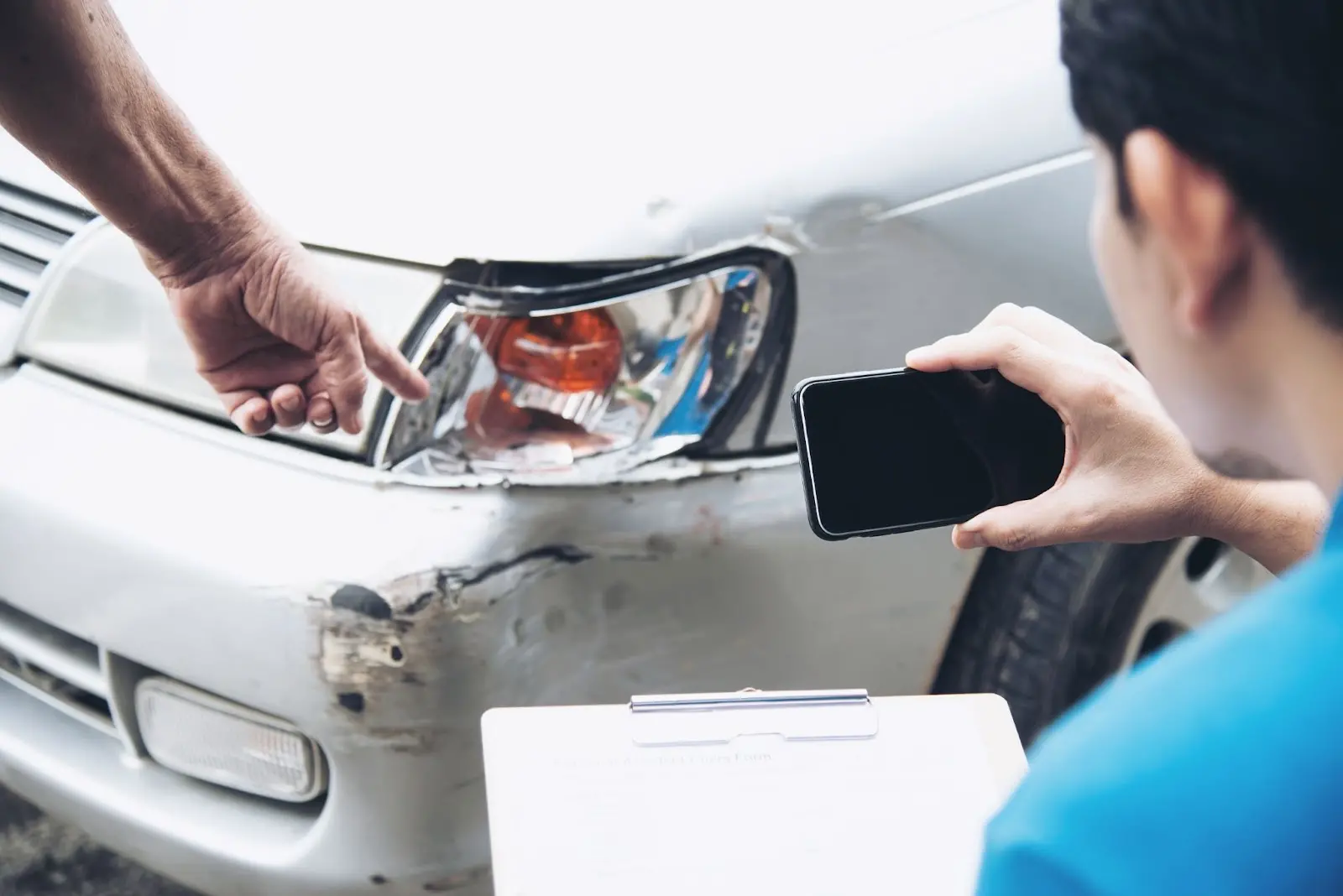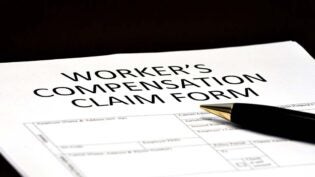Philadelphia’s Road Accident Law: What You Should Know
By: Paul Medea

Just like navigating a busy intersection, understanding Philadelphia’s road accident law can be tricky. You’re not alone. This article breaks down what you should know about determining fault, post-accident procedures, and your rights.
You’ll also learn about your responsibilities and how to handle insurance claims. Don’t let the aftermath of an accident overwhelm you. We’re here to help you steer through this complex process with confidence.
Understanding Philadelphia’s Road Accident Law
As a driver in Philadelphia, it’s crucial you understand the city’s road accident law to protect your rights and interests.
In the event of an accident, it’s essential to report it to the police immediately. Pennsylvania’s no-fault car insurance system will be your first source of compensation. However, if your medical bills exceed your insurance coverage, you can sue the at-fault driver.
To win the lawsuit, you’ll need to prove that the other driver was negligent, causing the accident and your injuries. Also, bear in mind that the state applies a ‘modified comparative negligence’ rule. If you’re found partially at fault, your compensation could be reduced.
Knowledge of these laws can help you navigate post-accident procedures effectively.
Determining Fault in Car Accidents
 In determining who’s at fault in a car accident, several factors come into play, and it’s crucial you understand them to protect your interests.
In determining who’s at fault in a car accident, several factors come into play, and it’s crucial you understand them to protect your interests.
- Evidence at the scene: This includes skid marks, vehicle damage, and any traffic cameras that captured the incident.
- Police reports: Officers often indicate who they believe is at fault in their report, which carries weight in court.
- Witness statements: People who saw the accident can provide crucial details that help determine fault.
Remember, you can contest a fault determination. You aren’t stuck with the initial decision if you believe it’s incorrect. Knowing these factors can help you argue your case effectively.
Always consult with a lawyer to ensure your rights are preserved.
Post-Accident Procedures in Philadelphia
After a car accident in Philadelphia, it’s important you know the proper procedures to follow to protect your rights and interests.
First, ensure everyone’s safety, then call 911. Pennsylvania law requires you to report the accident if there’s significant property damage, injury, or death.
Exchange information with the other driver, including names, addresses, driver’s license numbers, and insurance details.
Document the scene, taking photos and writing down what happened while it’s fresh in your mind.
Seek medical attention immediately, even if you feel fine. Some injuries aren’t immediately apparent.
Lastly, contact your insurance company to report the accident. Consider consulting with a personal injury attorney if you’ve been seriously injured. They can guide you through the complex claims process.
Legal Implications of Road Accidents
Having navigated through the immediate aftermath of a road accident, you’re now faced with understanding the legal implications that follow.
In Philadelphia, it’s vital to comprehend how law enforcement, insurance companies, and personal injury lawsuits could impact your situation.
- Police Involvement: You’re required to report serious accidents to the police. They’ll document the scene, which can be crucial evidence if you pursue a claim.
- Insurance Claims: Pennsylvania operates under a ‘no-fault’ system. This means your insurance company compensates you, regardless of who caused the accident.
- Personal Injury Lawsuits: If injuries are severe, you may seek compensation beyond what insurance offers. Be aware, Pennsylvania has a two-year statute of limitations for such cases.
Knowing the legal repercussions helps you to better handle the post-accident process.
Rights of the Involved Parties
You’ve got rights as a party involved in a road accident, and it’s crucial that you’re aware of them.
If you’re injured, you have the right to seek immediate medical treatment, even if you’re at fault.
You also have the right to file a police report and obtain a copy for your records.
Additionally, you’re entitled to receive information from the other party involved, such as their name, contact details, and insurance information.
If you’re not at fault, you have a right to file a personal injury claim for damages.
It’s essential to consult with a legal expert to understand these rights fully.
Responsibilities After a Road Accident
In the aftermath of a road accident, it’s your responsibility to handle the situation appropriately and within the confines of Philadelphia’s road accident laws.
Ensure Safety: Firstly, check your safety and that of others. If possible, move vehicles out of traffic.
Report the Incident: You’re required to report the accident to law enforcement immediately, especially if there’s significant property damage, injury, or death.
Document the Scene: Lastly, document the accident scene. Take pictures and gather witness information. This could be vital for any potential legal proceedings.
Navigating Insurance Claims
Once you’ve fulfilled your immediate responsibilities at the accident scene, the next crucial step you’ll face is navigating the often complex world of insurance claims.
It’s essential to notify your insurer promptly after an accident. Don’t downplay or exaggerate the damages; be honest and accurate. Remember, you’re entitled to understand every part of the claims process. Don’t hesitate to ask questions until you’re clear on every detail.
If your claim is denied, you have the right to appeal. Remember, a lawyer can be a great help in deciphering insurance terms and ensuring fair treatment.
Insurance claims can be daunting, but understanding the process can make it less so.
Seeking Legal Help After an Accident
After grappling with the insurance claims process, it’s often in your best interest to seek legal assistance following a road accident. A competent lawyer can guide you through the complexities of Philadelphia’s accident laws, ensuring that your rights are upheld.
Here are three key reasons to engage a lawyer:
- Identifying Liable Parties: Often, more than one party is responsible. A lawyer can help identify all liable parties to optimize your compensation.
- Negotiating with Insurance Companies: Lawyers are adept at handling insurance adjusters, securing a fair settlement that covers your losses.
- Filing a Lawsuit: If negotiations fail, your lawyer can initiate legal action, advocating for your interests in court.
Keep this information handy – it’s your compass in the labyrinth of road accident laws. If you find yourself in need of legal assistance, consider consulting with an accident attorney car.
Conclusion
Navigating Philadelphia’s road accident law can feel like walking through a maze. Don’t forget, it’s crucial to understand fault determination and legal implications, know your rights and responsibilities, and handle insurance claims wisely.
If you’re in over your head, don’t hesitate to seek legal help. After all, it’s better to be safe than sorry.
Keep this information handy – it’s your compass in the labyrinth of road accident laws.
1163 Views












